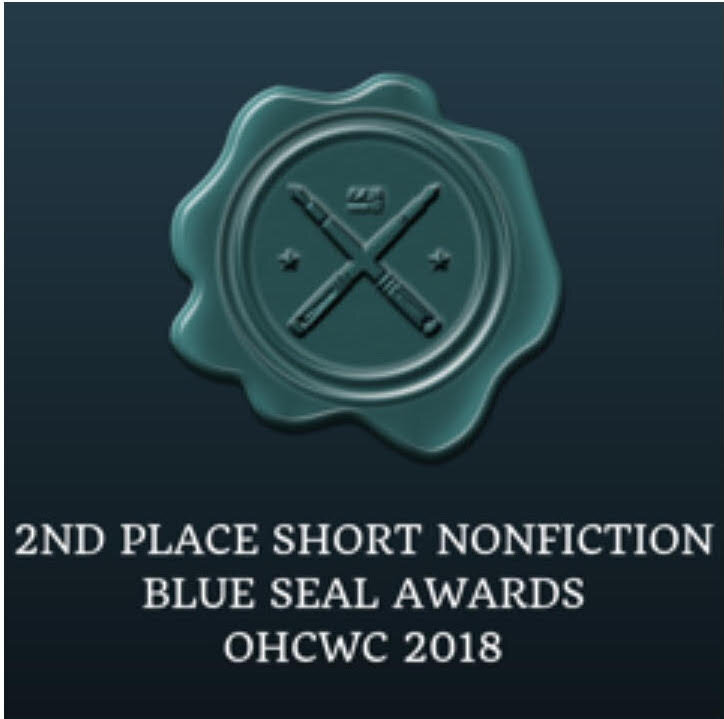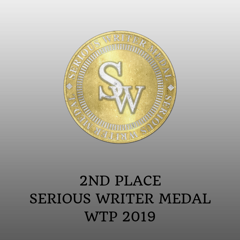Guest Post: Bob Tiede Bob's blog, LeadingWithQuestions.com is followed by leaders in over 190 countries.
Are You Asking Better Questions?
Asking questions is a skill that can benefit us in all areas of our lives. Whether it’s in the classroom, the workplace, or even at home, the ability to ask thought-provoking questions can be a powerful tool for uncovering valuable information and gaining deeper insight into any topic.
To ask better questions, it’s important first to understand the context of the situation. What do you want to know? What information are you trying to uncover? Having this kind of foresight will help you to craft your questions in a way that is more likely to get the information you’re looking for.
In addition to understanding the context, it’s also important to ask open-ended questions. Closed-ended questions are those that can be answered with a simple “yes” or “no.” Open-ended questions, on the other hand, cannot be answered with a simple “yes” or “no.” They require a more detailed response, which makes them much more powerful!
How can you ask better questions?
One way to ensure that your questions are open-ended is to use the “5 Ws” (who, what, when, where, why). This technique can help you to structure your questions in a way that encourages a more detailed response.
It’s also important to consider the tone of your questions. To ensure that the person you’re asking feels comfortable and open to answering your questions, give careful consideration to pause after each answer and truly listen!
What are some tips for asking better questions?
Ask one question at a time. Don't be too quick to move on. Often I find a person's first response is a careful response because they are testing the waters to see how you are responding to their answer. When they pause, instead of moving on, say "Wow! This is really good, what else?" They will appreciate your positive response and will say more. When they again pause, you might want to say, "I am grabbing a pen and paper - I need to take notes - please continue - what else?" They will say more again. When they pause, instead of moving on, you might say, "This is so good - please tell me more?" Often I find that it is my 3rd or 4th question that gets to their "gold nugget" - their very best thought! To get to their "gold nugget" you have to dig a little deeper!
Become comfortable with silence. Most of us feel awkward after about four seconds of silence. Many inexperienced leaders rush to fill those awkward silences with something — anything — in order to make themselves and others feel less uncomfortable. But silence or the "pause," is where the nuggets are found!
Consider widening the funnel. When you’re trying to collect as many ideas as possible, you want to ask questions with a very wide funnel: more is better. Open-ended questions lend themselves well to brainstorming because they widen the funnel, prompting wide discussion and idea generation.
Express gratitude. Be sure to always thank people for their answers. Your expressions of appreciation will pave the way for your future interactions with them!
Close the loop. And finally, be sure to come back to them with any results or decisions that you made based on their answers. When your colleagues/staff/friends/family know that you not only listened but implemented some of the ideas they shared, they will feel valued and will be eager to engage with you again next time!
When it comes to asking better questions, it’s important to remember that practice makes perfect. You don't need a degree to ask good questions! The more you practice asking thought-provoking questions, the more natural it will become.
“Questions are the creative acts of intelligence.” – Frank Kingdon
Living With Eternal Intentionality®
John 17:3
Over the summer, you will have the opportunity to engage with a variety of people. Perhaps you sit next to a stranger at a diner stool, or you take a road trip with a longtime friend. What intentional steps can you take to ask better questions?
Which comment from Bob Tiede helps you prepare for your conversations?













